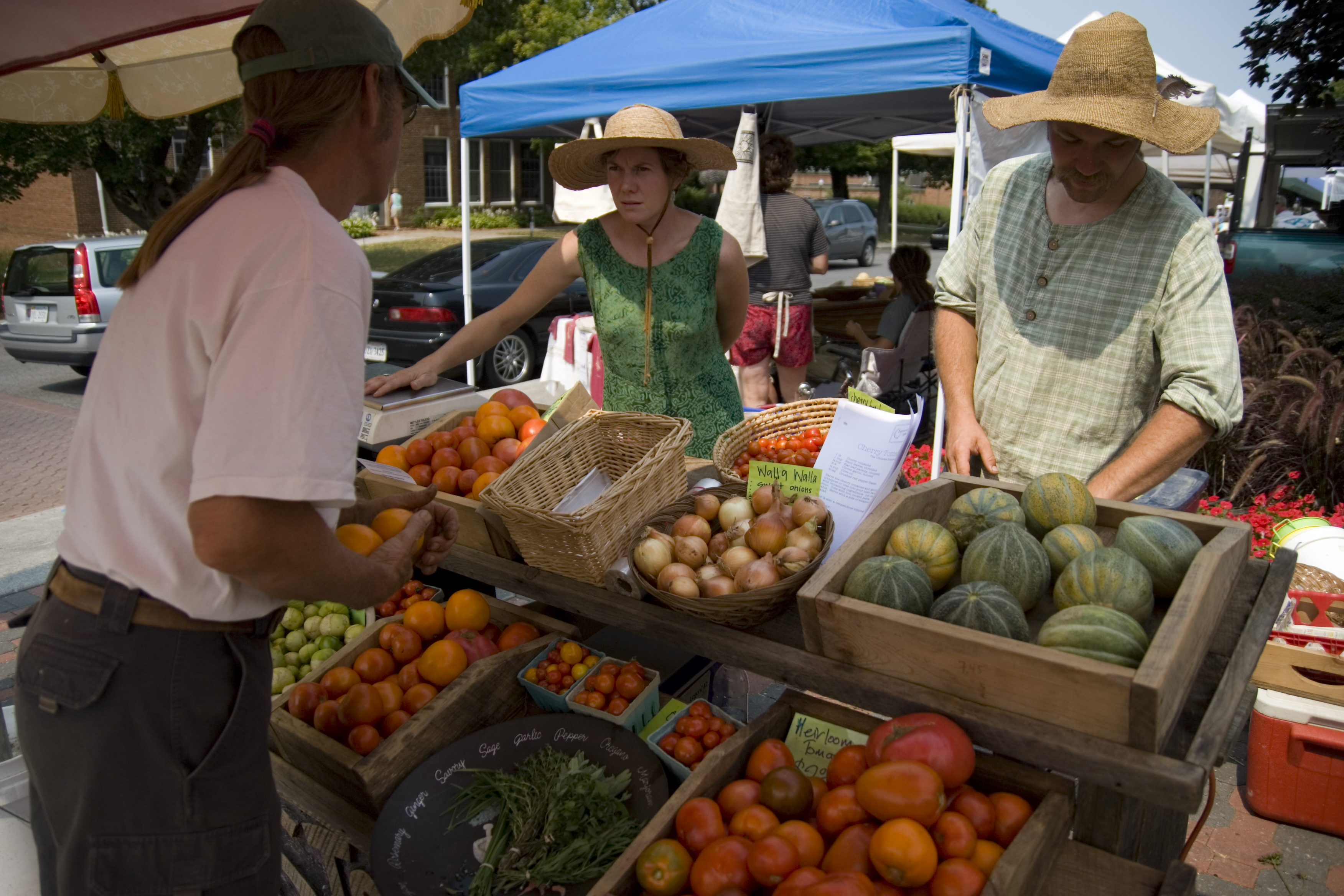Virginia Tech leads study to improve food security in southern Appalachia

While the popularity of locally and regionally grown food is on the rise among Americans, food accessibility remains a major concern for those with limited financial resources.
Virginia Tech’s College of Agriculture and Life Sciences is collaborating with West Virginia University and North Carolina State University to develop, implement, and evaluate a food security strategy to enhance the resiliency of the Southern Appalachian region, with a special focus on local food access and affordability for low-income populations.
“The Southern Appalachian region has historically struggled with high levels of food insecurity and economic instability,” said Susan Clark, associate professor of human nutrition, foods and exercise and lead investigator on the study. “We aim to enhance knowledge of barriers and opportunities for improving food security and economic viability through local and regional food system development in this region.”
A thriving local food system provides ample opportunity to improve human health, reconnect people with the land, allow existing farmers to prosper, and attract new farmers to agriculture, Clark explained.
“Food security is built on the framework that the foodshed has all the dimensions of the food system — from farm to table. We will investigate whether the region has all of the components to have a resilient community foodshed,” said Clark. “This research project will attempt to identify and fill this scientific gap by combining a sustainable food systems modeling approach with a community-based, participatory research process to examine existing university, Extension, and local activities that illustrate ongoing efforts to improve food access and affordability, followed by implementing proposed interventions and evaluations.”
Using the community participation process, Clark and her colleagues will build coalitions and gather information along with area and nongovernmental organizations. The coalitions will assess the community’s food security to identify gaps in the food system.
The participatory nature of the study gives local residents a voice in determining their greatest needs. After those needs are identified, communities will have the opportunity to apply for funding to support projects that will enhance their food security.
Researchers will draw on a systems approach, where geographic information system technology is central to mapping the current elements of the region’s foodshed. The data will be used to create a place-based foodshed model that will reveal the area’s potential capacity to produce and supply food at a scale to expand food security. Working with area coalitions, they will facilitate the development of community-based projects that will help fill voids in the foodshed.
The research team will also look at how these strategies can be transferred to other areas of the country and passed along to future researchers and teachers.
“The project activities and outcomes will not only improve the availability and access of locally sourced foods within the Appalachia region, but will help to advance the knowledge of the vulnerabilities, barriers, and opportunities related to food system research, education, and Extension-based best practices,” said Clark.
Virginia Cooperative Extension plays a key role in the project. Extension agents, specialists, and paraprofessionals — along with university students — will assist in conducting foodshed assessments throughout the targeted regions. Agents and specialists will be involved in designing and implementing the foodshed analysis and model.
Extension faculty members will also develop, implement, and expand food system/food security programming with knowledge gained from the assessment. The creation of an Extension Foodshed Community of Practice is another project objective that the Virginia Cooperative Extension will spearhead.
The three-year, $2 million study is funded by the U.S. Department of Agriculture’s National Institute of Food and Agriculture, through the Agriculture and Food Research Initiative. Projects funded through this program explore ways to help disadvantaged communities in urban and rural areas establish sustainable food systems.




